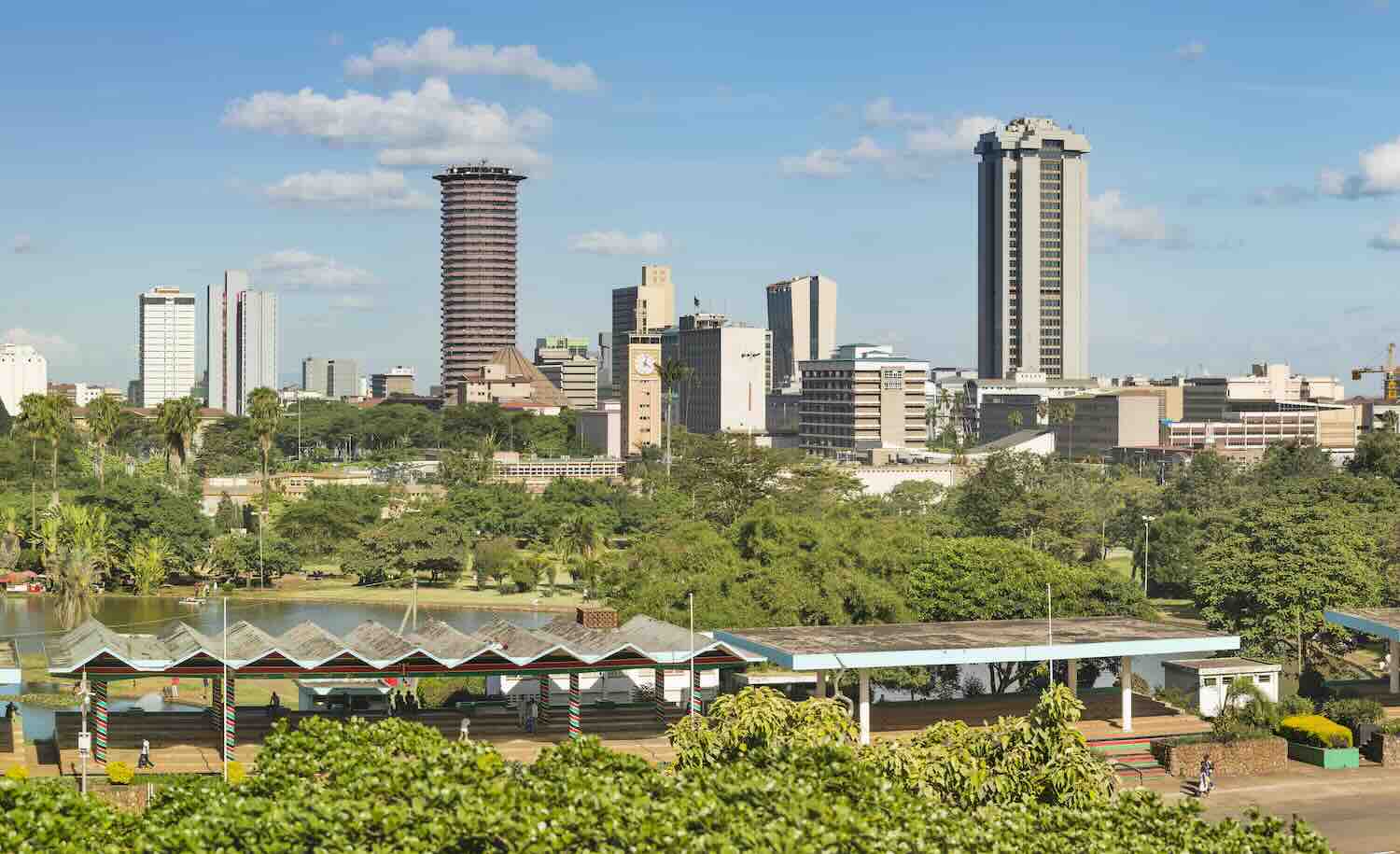ImpactAlpha, Aug. 23 – Criminal justice is a growing part of racial-justice investing. To equip investors in public markets, Adasina Social Capital has built a data set of listed companies with practices that exacerbate systemic racial injustice, including those invested in prison bonds, which are used to fund detention center infrastructure and services. Major financial institutions among the 71 prison bondholders flagged by Adasina include Goldman Sachs, Prudential, State Street and Wells Fargo.
“Demand for metrics and data relevant to racial justice has never been higher in the investment industry,” Adasina’s Rachel Robasciotti told ImpactAlpha.
- Stranded assets. The data on prison bondholders comes after a raft of banks, including Wells Fargo, JPMorgan Chase and Barclays have pledged to break financial ties to the private prison industry. “Jail facilities stand to be one of the most obsolete assets of the future,” argue Activest’s Ryan Bowers, Napoleon Wallace and Chelsea McDaniel.
- Justice tech. In private markets, a wave of “justice tech” entrepreneurs are disrupting the extractive products and services that have grown around the criminal justice system (for background see, “‘Justice tech’ entrepreneurs look to disrupt the cycle of recidivism”). Since Kapor Capital’s investment in inmate communications platform Pigeonly in 2013, venture firms have invested at least $77 million in more than 100 early-stage justice tech startups, according to Village Capital’s Justice Tech For All. Still, “a lack of market awareness and a strong perception of risk among investors,” has limited justice tech funding, Village Capital’s Marcia Rosado tells ImpactAlpha. Other investors include Social Venture Circle, American Family Insurance, Bronze VC and SustainVC.











